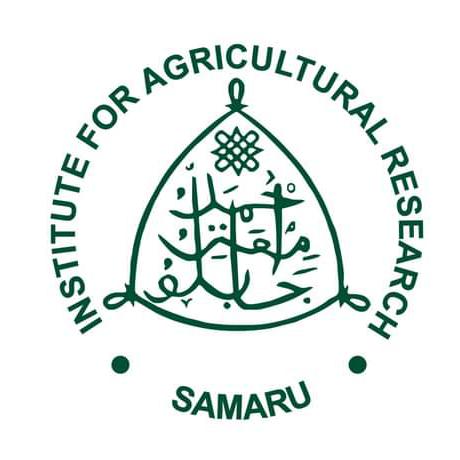Brazilian Cooperation Agency
Description
About
The Brazilian Cooperation Agency (ABC), affiliated to the Ministry of External Relations (MRE), is the agency of the Brazilian Federal Government in charge of all international technical cooperation involving Brazil and other countries or international organisms. ABC operates according to the guidelines of the Brazilian foreign policy (which are managed by MRE) and focuses on national development policies defined by the Government’s sectorial programs and plans.
ABC has the mandate to negotiate, coordinate, implement and monitor technical cooperation projects and programs that stem from agreements signed between Brazil and other countries and international organisms. In addition, ABC provides guidance to other Brazilian agencies regarding cooperation opportunities involving Brazil, supporting the preparation of projects, coordinating negotiations between cooperating and beneficiary parties, monitoring and evaluating project implementation and publicizing information on project development and achieved results.
ABC also plays a significant political role in the Brazilian diplomacy as the agent of the country’s technical cooperation with an increasing number of developing countries, contributing to disseminating a modern image of Brazil and its institutions and consolidating the country’s leading role at both regional and international levels.
Sustainable economic growth, political stability and effective public policies have made it possible for Brazil to reduce regional and social inequality, establishing a platform for a more proactive international role based on sharing successful development experiences and knowledge.
Brazil’s more assertive action in the international scenario is a result of learning acquired in many years of received technical cooperation, which helped consolidate model entities that have become the very base of the Brazilian technical cooperation with other developing nations. Other comparative advantages include geographical location, cultural heritage, social and economical challenges common to those of beneficiary countries – factors that have favored the expansion of Brazil’s South-South cooperation.
As it benefits from decades of engagement in international technical cooperation, Brazil has been investing in agreements with both developed and developing countries to acquire and disseminate knowledge applied to social and economic development. We have practiced the concept of not simply receiving knowledge from developed countries, but also sharing our own experiences with others in effective partnerships towards development.
South-South cooperation contributes to consolidating Brazil’s relations with partner countries as it enhances general interchange; generates, disseminates and applies technical knowledge; builds human resource capacity; and, mainly, strengthens institutions in all nations involved.
Taking these goals into account, ABC has defined focal partners that include African Portuguese-speaking countries (PALOPs), East Timor, Latin America and the Caribbean. In this context, we have started cooperating trilaterally with developed countries as well.
The ultimate goal of technical cooperation – exchanging experiences and knowledge – materializes reciprocal solidarity among peoples and does not only benefit recipient countries, but Brazil as well. Technical cooperation projects are effective to promote development and embody the efforts of many professionals whose hard work and political willingness show it is always possible to make significant social and economic contribution regardless of the challenges one has to face.
The Brazilian Government understands that triangular technical cooperation must be implemented in accordance to the principles of South-South cooperation: it must be demand driven (respond to the demands of developing nations); not interfere in beneficiary country internal affairs; and impose no conditionality. Triangular cooperation makes it possible to joint the comparative advantages of the parties involved: on the one hand, knowledge that has already been tested and adapted to contexts similar to those of beneficiary countries and, on the other, greater resources and technical input mobilized to increase the scope of cooperation projects, resulting in greater positive impact.
New triangular cooperation programs are being created with a more comprehensive scope and aiming at more ambitious results, with the intention of implementing structuring actions to foster local development processes. The success of these cooperation initiatives could signal an effective triangular cooperation model that could be assessed as a contribution to the global debate on news paths to development.
SECTOR
Development Cooperation
Country
Brazil
SDG
17 - Partnerships for the Goals
Organization Type
Government
URL
www.abc.gov.brSimilar Organizations




